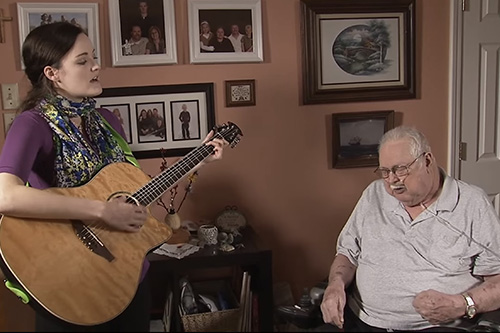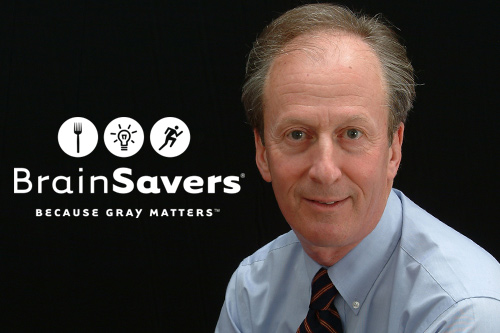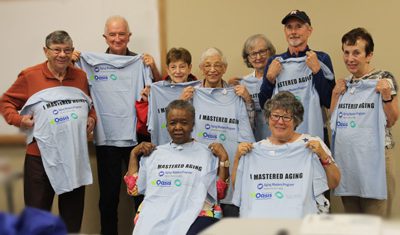Music Therapy and Medicine
By Oasis Health Team Member, Kristin Stock
My connection to medicine began with music therapy, and this led me on a path to interaction with patients that differs from the experiences of many others in healthcare. When I entered hospitals, nursing facilities, and rehabilitation centers with my drum, mallets, and guitar, I was often asked, “What is music therapy?”

The answer depends on the needs of the person sitting across from you. At its foundation, music therapy is the prescribed application of music in a sensitive and evidence-based manner. It is a person-first therapy that borrows from a wide range of disciplines and forges connections from nonmusical outputs through music. Music is unique in its ability to build bridges and stir emotions: the effects permeate the brain and manifest in the individual.
In rehabilitation settings, I collaborated with physical therapists, occupational therapists, speech language pathologists, and nurses while using music to aid in post-stroke recovery. I led small groups in nursing facilities, working to address the complex sensory needs of middle and late-stage dementia patients. I also worked with adults diagnosed with early onset Parkinson’s disease and taught others how to use music as a tool to improve swallowing and vocal health. Within hospice settings, I learned how to navigate death with patients and families.
I often worried that music was not enough. It took all the courage I had sometimes to get out of my car and knock on a patient’s door. How could I make a difference with just music? Through experience, I observed that music is a powerful intervention for some patients, and this is most evident when used at the bedside. Learning to apply music in this way and witnessing its impact on others was a transformative clinical experience that afforded me a deeply personal connection to healthcare.
To illustrate this, I will share my experience with Willie, a female patient with Alzheimer’s disease (AD). She was referred to me by the hospice team for severe anxiety and was in the late stages of the disease. For Willie, I began by using my voice to hum a familiar melody. I sat next to her, held one of her hands, and eventually used my other hand to gently tap a simple rhythm into her shoulder. With each new layer, I observed her face and body. If she flinched or appeared unreceptive, I stopped and gave her a break. After about forty minutes, I began to add the words of a familiar song, “My Bonnie Lies Over the Ocean.” Willie had already made progress at this point as she kept her eyes open, maintained eye contact, and gripped my hand tightly. Given reports by both facility staff and the hospice team that she could no longer speak, I was gratified when she began to sing. We sang the entire song together twice, and at times, I dropped out to hear if Willie could fill in the gaps. She could – and best of all, she was smiling. It took nearly an hour of careful layering to achieve this response.
My passion for music led me to music therapy, and my experiences with patients and the perseverance required to connect with them have ignited a new purpose and calling to medicine as the natural meeting point. Oasis has been instrumental in deepening my connection to healthcare, and I am continually inspired by the programs and resources we provide.
For more information about music therapy or how to find a board-certified music therapist, please visit the American Music Therapy Association or the Certification Board for Music Therapists.
Kristin Stock, MMT, MT-BC is a Health Program Coordinator at the Oasis Institute in St. Louis.






Leave A Comment
You must be logged in to post a comment.